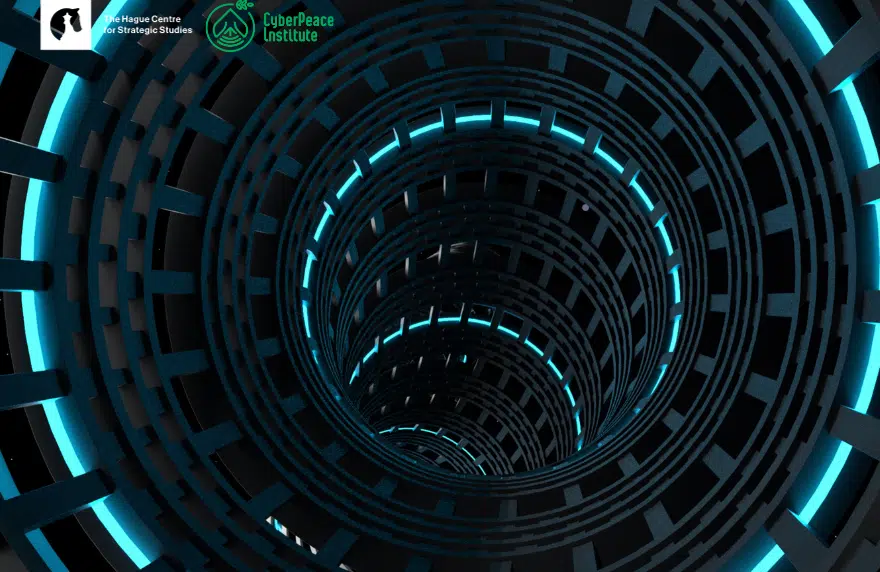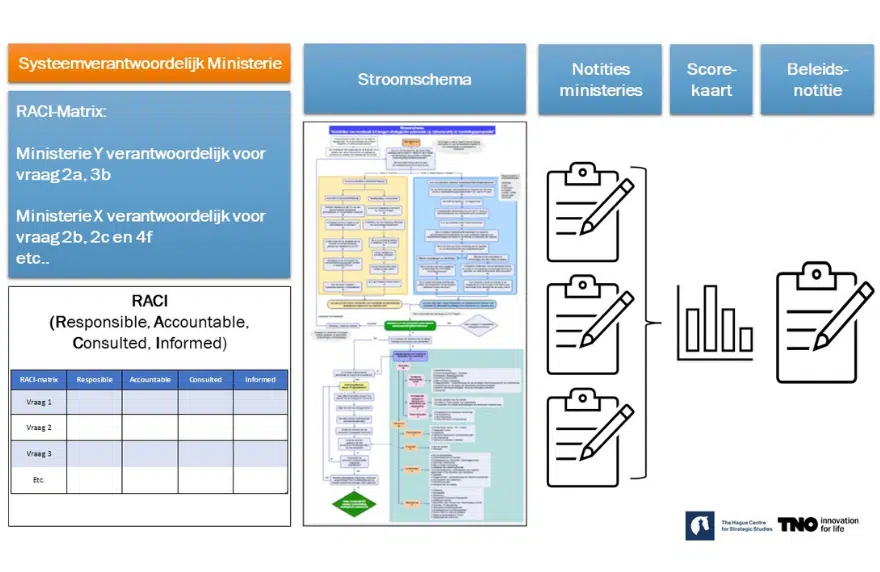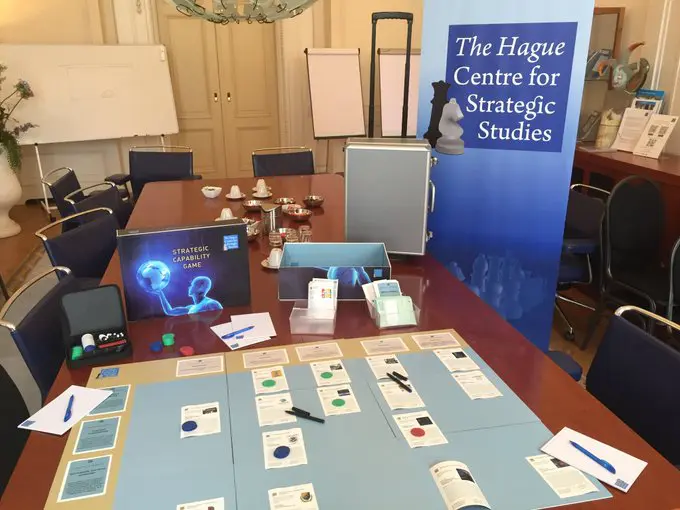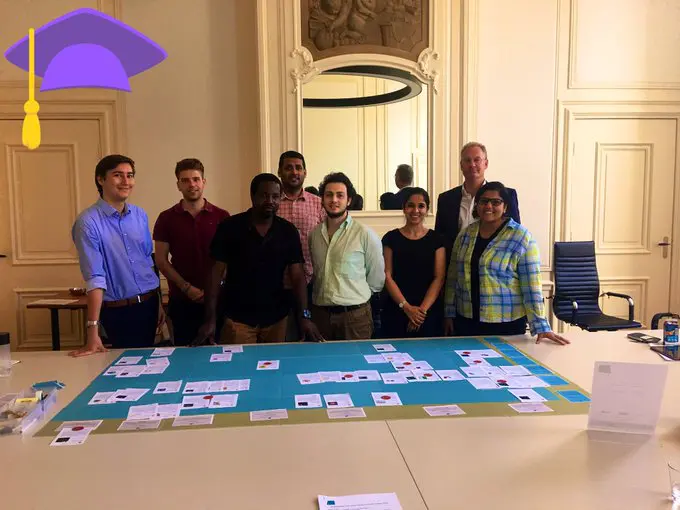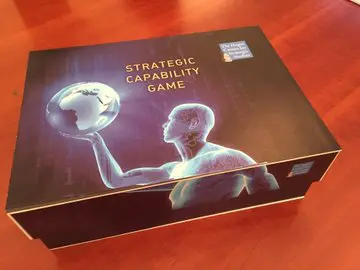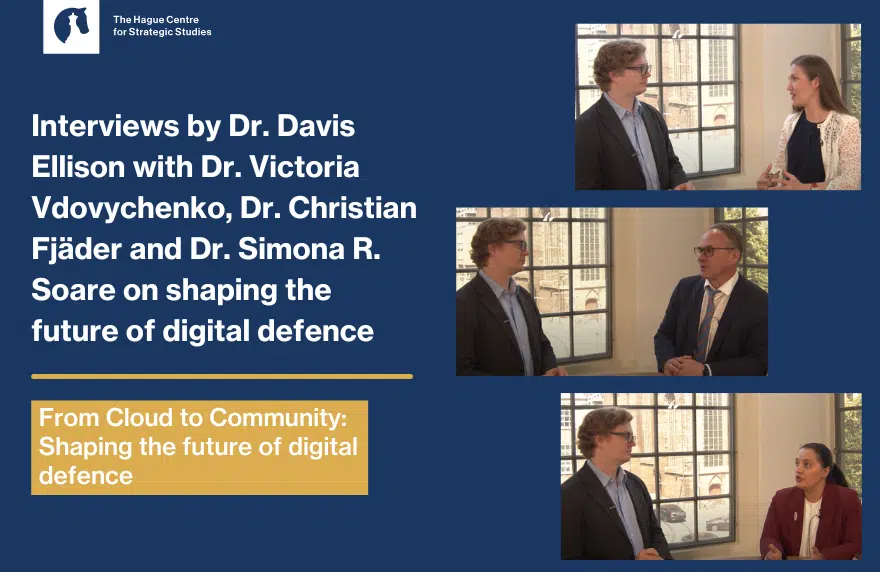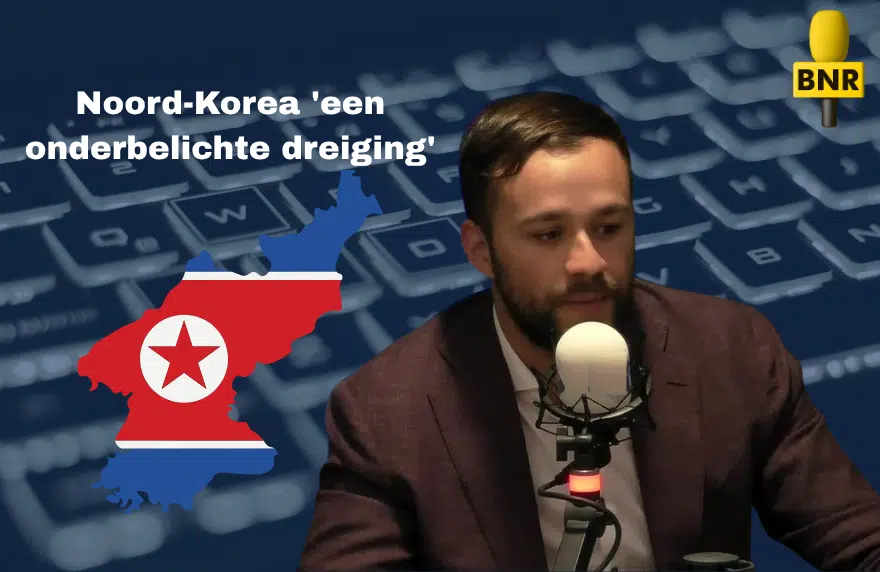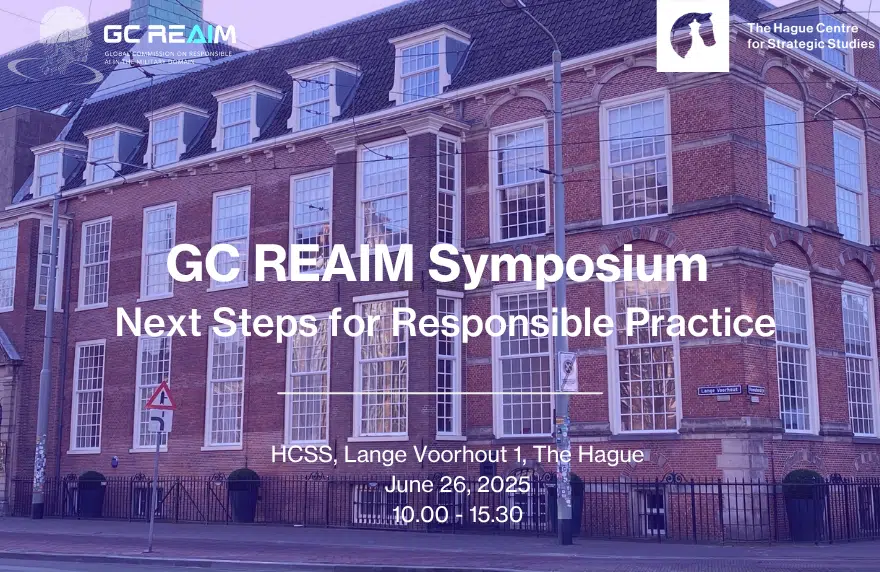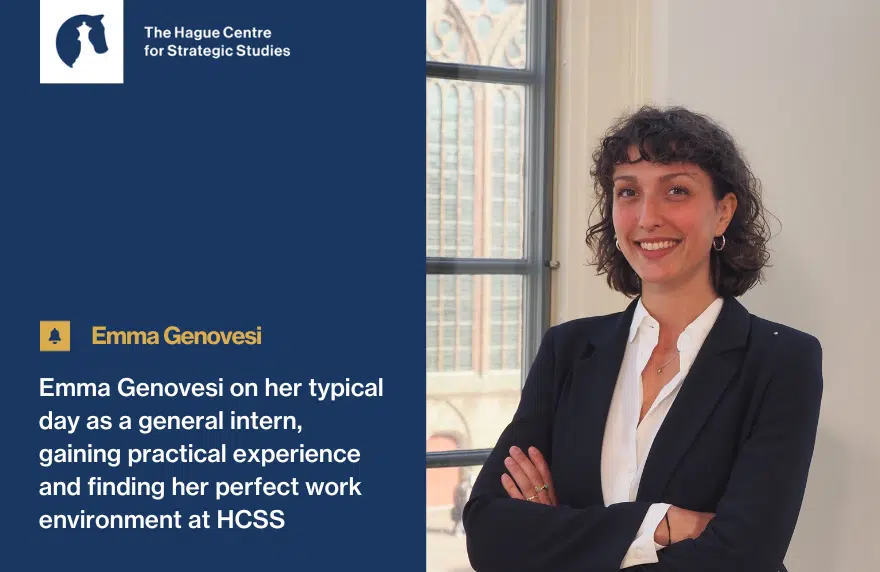Strategic Cyber Capability Game
HCSS developed a serious gaming method for strategic capability assessment and/or development analysis. This serious gaming method makes it possible to have structured discussions and analyses in a non-traditional manner on the needs and ambitions and the current and new cyber capabilities required to reach the strategic goals.
The main purpose of the Cyber Resilience Game is to increase awareness on relevant capabilities and capacities that are needed for cyber security; to address what cyber security will mean for the planning of policies, activities and operations of different ministries; and what role various relevant actors can or should play. Moreover, the game also offers players the opportunity to learn more about and get familiar with the wide range of capabilities countries have in their ‘toolbox’ in order to strengthen their cyber security.
 https://hcss.nl/wp-content/uploads/2024/09/IDCSS24-Report.png
572
880
Stephanie Govaerts
https://hcss.nl/wp-content/uploads/2021/04/HCSS_Beeldmerk_Blauw_RGB1200-ppi-e1619025866259-300x300.png
Stephanie Govaerts2024-09-27 17:21:192024-09-27 17:21:20Defending the Digital Domain: The effort to build a cyber resilient India 2023 Edition – Updated Version
https://hcss.nl/wp-content/uploads/2024/09/IDCSS24-Report.png
572
880
Stephanie Govaerts
https://hcss.nl/wp-content/uploads/2021/04/HCSS_Beeldmerk_Blauw_RGB1200-ppi-e1619025866259-300x300.png
Stephanie Govaerts2024-09-27 17:21:192024-09-27 17:21:20Defending the Digital Domain: The effort to build a cyber resilient India 2023 Edition – Updated Version

